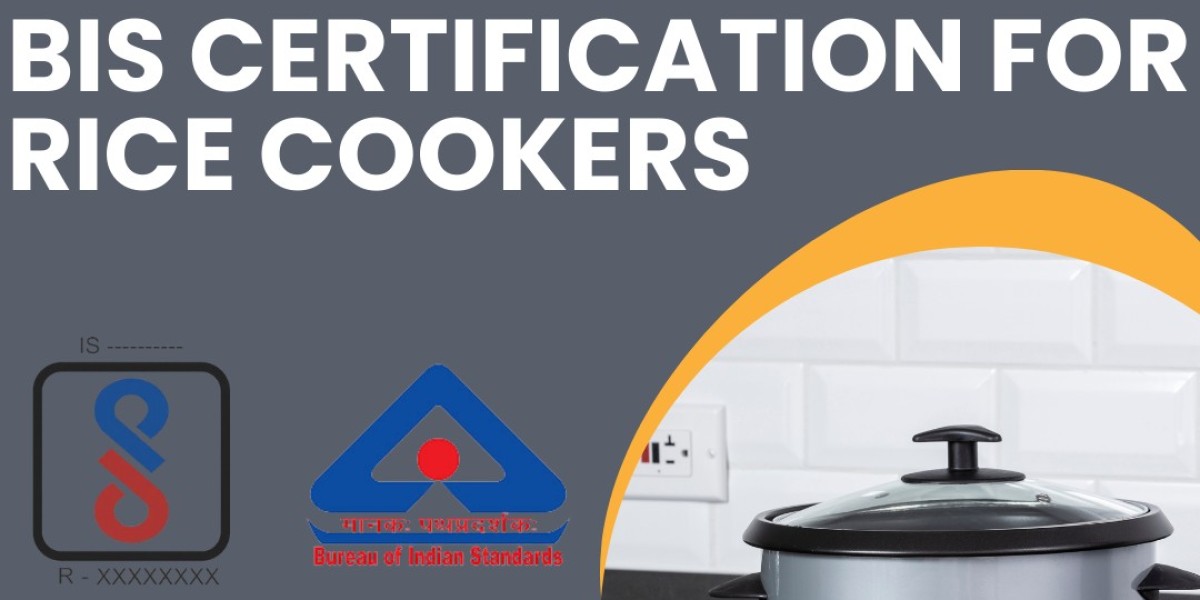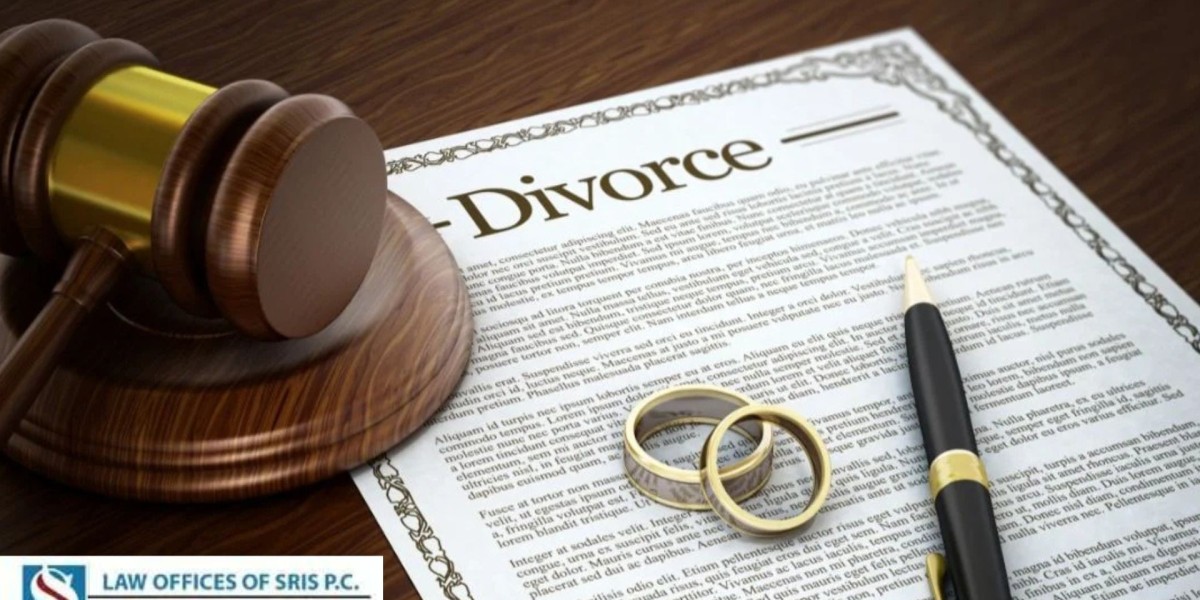In today’s world, consumer confidence is critical for the success of electrical appliances, and rice cookers have become a must-have in countless Indian homes. To guarantee quality, safety, and performance, manufacturers and importers need to meet Indian regulatory standards. Among these, the BIS Certification for Rice Cookers stands out as one of the most essential certifications in India.
The Bureau of Indian Standards (BIS) rolled out a mandatory certification scheme as part of the Compulsory Registration Scheme (CRS) to ensure the quality of certain electronic products. Rice cookers fall under this scheme, meaning all manufacturers—whether local or international—are required to get certified before they can sell in the Indian market.
Legal Compliance and Market Entry
The BIS CRS for Rice Cookers is enforced under the Electronics and Information Technology Goods (Requirement for Compulsory Registration) Order, which is overseen by the Ministry of Electronics and Information Technology (MeitY). This regulation mandates that rice cookers must adhere to IS 302-2-15, a specific Indian Standard addressing the safety of electrical cooking devices.
Securing the BIS CRS for Rice Cookers isn’t just about ticking boxes for compliance; it opens up legal avenues for brands wanting to enter and grow in the Indian market. Without this certification, products risk being confiscated at customs or outright banned, which could lead to major losses in both business and reputation.
Why You Should Get BIS Certification for Rice Cookers
Obtaining the BIS Certification for Rice Cookers comes with a variety of benefits, both tangible and intangible:
Boosted Consumer Trust: The BIS mark signals safety and reliability, helping to build confidence in your brand.
Quality Assurance: Certification guarantees that your rice cooker meets all safety and performance criteria set by Indian standards.
Market Growth: Certified products have a higher chance of being accepted by retailers and online platforms.
Lower Legal Risks: Adhering to Indian regulations shields your business from penalties, recalls, or import issues.
For exporters eyeing the Indian market, having this certification optimizes the customs process, giving them a competitive advantage in an overcrowded marketplace.
How to Apply and What to Expect
If you're ready to get the BIS Certification for Rice Cookers, here are the steps the manufacturer needs to follow:
Choose a BIS-recognized lab for product testing.
Submit your application along with necessary documents, including test results.
Go through a technical review by BIS officials.
Get your BIS registration number once you pass the approval process.
This entire journey typically takes about 4–6 weeks, depending on how accurate your paperwork is and lab availability.
Conclusion
EVTL is one of the leading BIS CRS Consultant in India helping manufacturers obtain there BIS License hassle free. If you're a manufacturer or importer looking to sell rice cookers in India, securing the BIS Certification for Rice Cookers is a must. Not only does it ensure you’re on the right side of the law, but it also boosts your product’s value in the market and promotes consumer trust. By getting the BIS CRS for Rice Cookers, brands can gain a strategic edge, ease entry into the market, and build a solid reputation in the competitive appliance environment.









